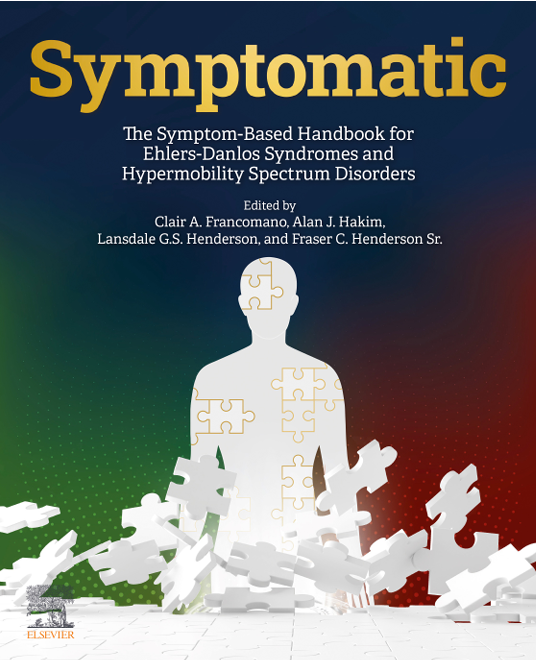How Are Patients With Rare Diseases & Their Carers In The UK Impacted By The Way Care Is Coordinated
- Lara Bloom

- Feb 16, 2021
- 1 min read
Care coordination is considered important for patients with rare conditions, yet research addressing the impact of care coordination is limited. This study aimed to explore how care coordination (or lack of) impacts on patients and carers. Semi-structured interviews were conducted with 15 patients and carers/parents in the UK, representing a range of rare conditions (including undiagnosed conditions). Transcripts were analysed thematically in an iterative process.
This study provides further evidence of impacts of uncoordinated care; these may be complex and influenced by a number of factors. Approaches to coordination which improve access to care and lessen the time and burden placed on patients and carers may be particularly beneficial. Findings should influence future service developments (and the evaluation of such developments). This will be achieved, in the first instance, by informing the CONCORD Study in the UK.



Comments